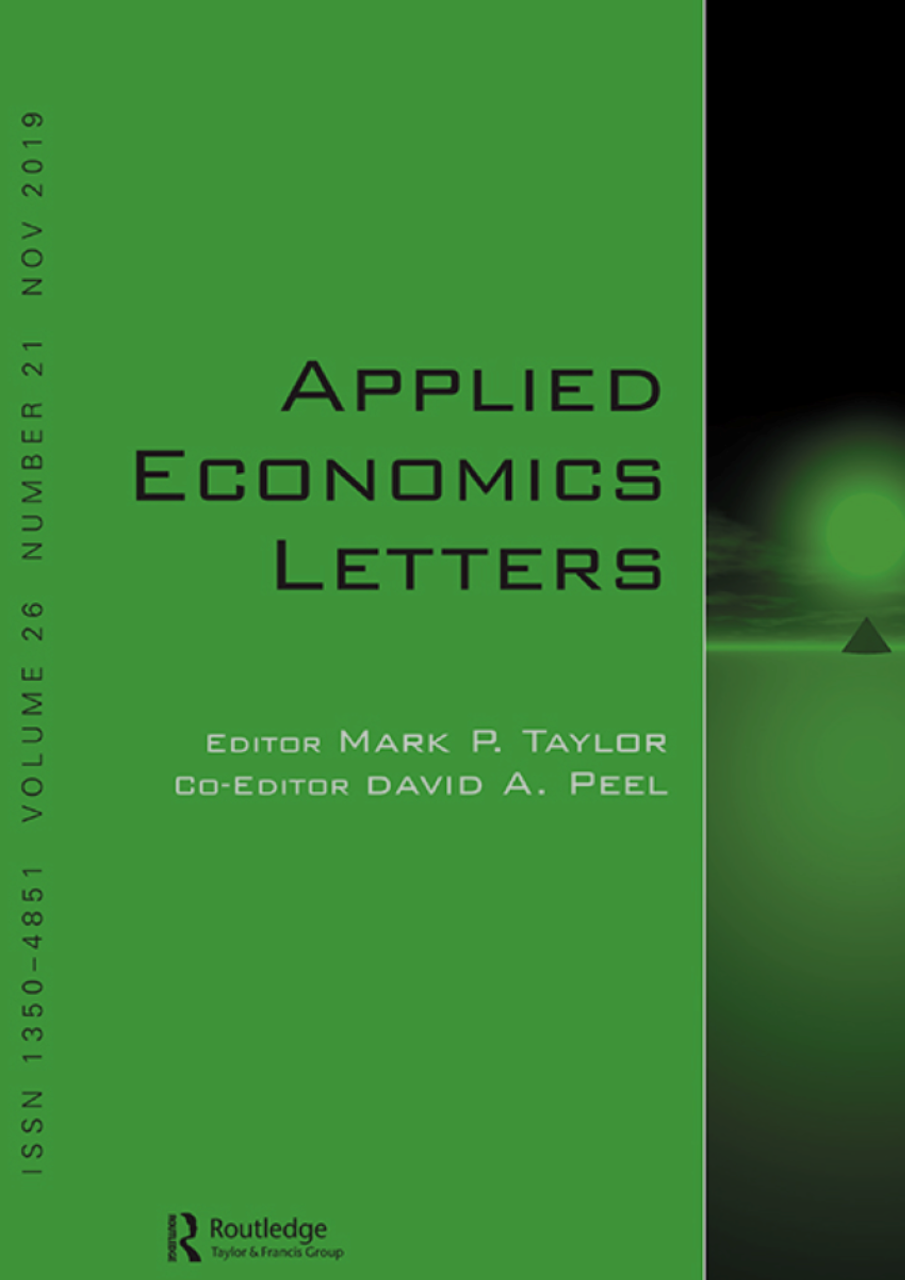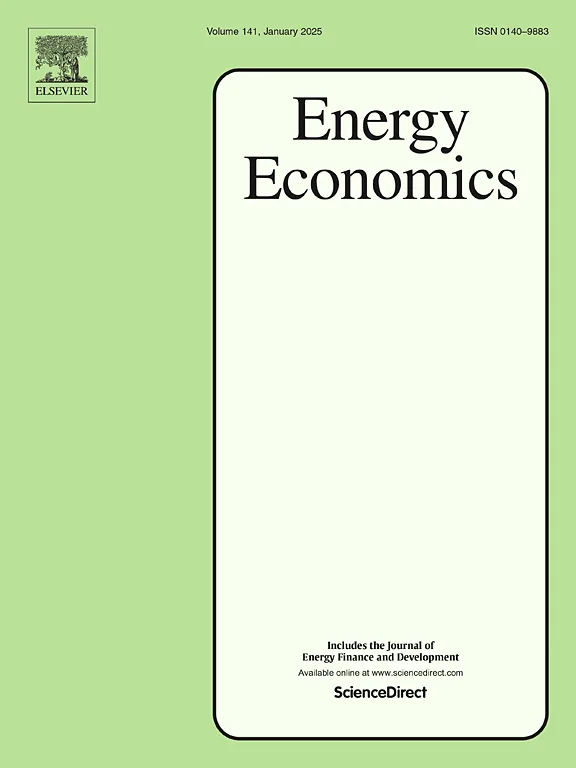Abdulelah is an Economist and Research Fellow at KAPSARC with expertise in various fields, including macroeconomics, energy, international trade and investment flows, financial development, and public policy. He currently leads the project, “Applying Behavioral Economics Methods to Energy Policymaking in Saudi Arabia," which led to the first randomized controlled trial for electricity consumption. Additionally, he is a contributor on other projects, such as the “KAPSARC Vision 2030 Input-Output Tables”, “Economic Growth and Energy Transition Pathways”, “CGE Model for Economic Policy Analysis in Saudi Arabia”, and “Modeling Energy Consumption and its Impact in Saudi Arabia.” His work has been published in top-tier peer-reviewed journals in the field of energy economics.
As a passionate advocate for evidence-based policymaking, Abdulelah is committed to using his expertise to help shape the future of energy and economic policy in Saudi Arabia and beyond, having worked on many projects for the energy ecosystem. He is also a sought-after speaker and panelist on economic and energy policy, having participated in several high-profile events and discussions. In 2020, during the Saudi G20 presidency, he was a member, co-author, and task force coordinator for the Trade, Investment, and Growth Taskforce for Think20 (T20), the official Engagement Group of the G20.
Before joining KAPSARC, Abdulelah worked as an economic consultant, providing policy analyses, modeling, and forecasting the impacts of public spending on social and economic indicators. He obtained a master’s degree in Applied Economics and a bachelor’s degree with Honors in Banking and Financial Economics. He received the King Abdullah Scholarship and is a member of the Saudi Economic Association and the Saudi Association for Energy Economics. He has also been inducted into the ISPI’s Next Forum of Future Leaders.






